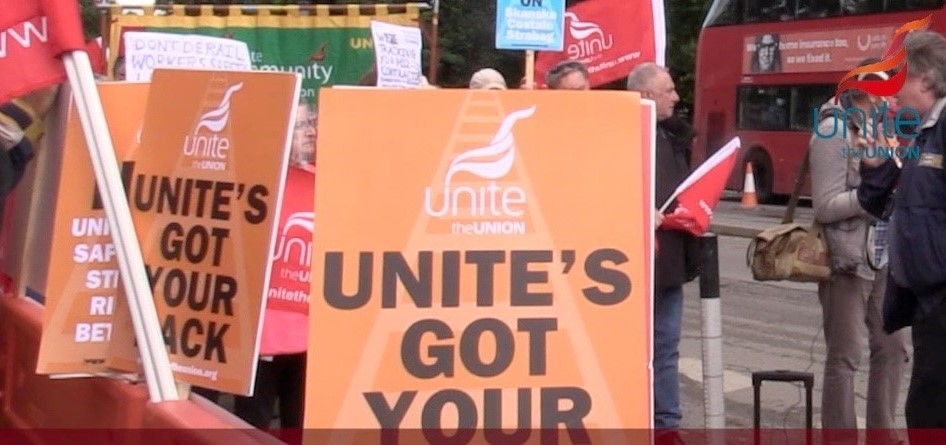‘The abuse that keeps on taking’
Unite’s campaign against bogus self-employment extends through all regions and sectors. In June, the union’s Regional Officer for Construction in the ROI, Tom Fitzgerald, told a parliamentary committee in Dublin about the issues facing workers who find themselves mis-classified – and what needs to be done to combat the practice. He was accompanied by Colette Godkin, secretary of Unite’s English Language Teaching Branch, and organising team leader Rob Kelly.
Fitzgerald told the Committee that, while bogus self-employment is rife in construction, it’s also prevalent in other areas ranging from archaeology to English Language Teaching.
“An archaeologist, for example, may be instructed to arrive at a site at a particular time, take a break at a particular time and finish at a particular time,” he said. “She or he may be working for an employer-defined hourly rate of pay. For all intents and purposes they are employed, working under the control and direction of the employer, unable to dispose of their time or to take up other work. Unlike regular employees, however, she or he has no entitlement to sick pay, paid annual leave, parental or family leave. Since the employer does not pay social insurance contributions, let alone occupational pension contributions, the impact of bogus self-employment follows a worker into retirement.
“This is the experience of thousands of workers in all sectors of the Irish economy today.”
UniteLive caught up with Fitzgerald at a protest organised by the Irish Congress of Trade Unions’ Construction Committee at the flagship National Children’s Hospital site (pictured), where unions are aware of several instances of bogus self-employment.

He explained how the practice works in the construction sector: “Some employers have developed elaborate mechanisms to dodge their responsibilities to workers. For example, you can have tiers of sub-contracting with a main contractor at the top of a pyramid of exploitation, and workers at the bottom.
“Under this scenario, a worker on a construction project may suddenly find himself listed as a company director. He’s still doing the same job (sometimes for less pay) but, at the behest of his employer, he has been transformed into a â€company’ which will invoice the employer for services rendered.
“No social insurance; no contribution to the Construction Worker Pension Scheme.”
Given the lack of social insurance or retirement benefits, Fitzgerald has dubbed the practice ‘the abuse that keeps on taking’.
But bogus self-employment is not confined to construction sites – it can extend into the classroom, and Colette Godkin told the Committee of English Language Teachers of being coerced into bogus self-employment contracts while the industry booms: the government plans to grow the sector to a value of over €2bn by next year.
“Unless bogus self-employment and other precarious working practices are addressed, the ELT sector will be booming on the backs of workers,” she said. “Unite believes the remedies are straightforward — the burden of proof needs to be switched so that an employer can show that a worker is not in an employment relationship.  And the state needs to start using its considerable purchasing power to defend workers’ rights.
“The policing and contractual provisions of public procurement contracts should be strengthened to prevent labour abuses. And the granting of licenses or permits must be contingent on not engaging in bogus self-employment or other precarious work practices. In the case of English Language schools, for example, schools found to engage in such practices would be removed from the government’s list of approved providers,” Godkin pointed out.
While the most immediate impact is felt by workers, bogus self-employment also incurs a significant cost to the Exchequer – and that means we all pay the price.
The loss to the Social Insurance Fund due to non-payment of employers’ contributions alone is likely to run into the hundreds of millions of euros across all sectors. The economy also loses out in terms of spending. On the one hand, the fact that employers do not pay into the social insurance fund or occupational pension schemes reduces the benefits available to workers and, therefore, reduces their spending power. On the other hand, the very fact of being precariously employed means that workers are more inclined to save rather than spend.
Fitzgerald maintains that stamping out bogus self-employment would be a win-win-win: “It would be a win for workers. It would be a win for the Exchequer. And it would be a win for compliant companies who are currently at a competitive disadvantage against rogue employers who use bogus self-employment and other labour abuses to keep their prices down and undercut decent employers.”
 Like
Like Follow
Follow

